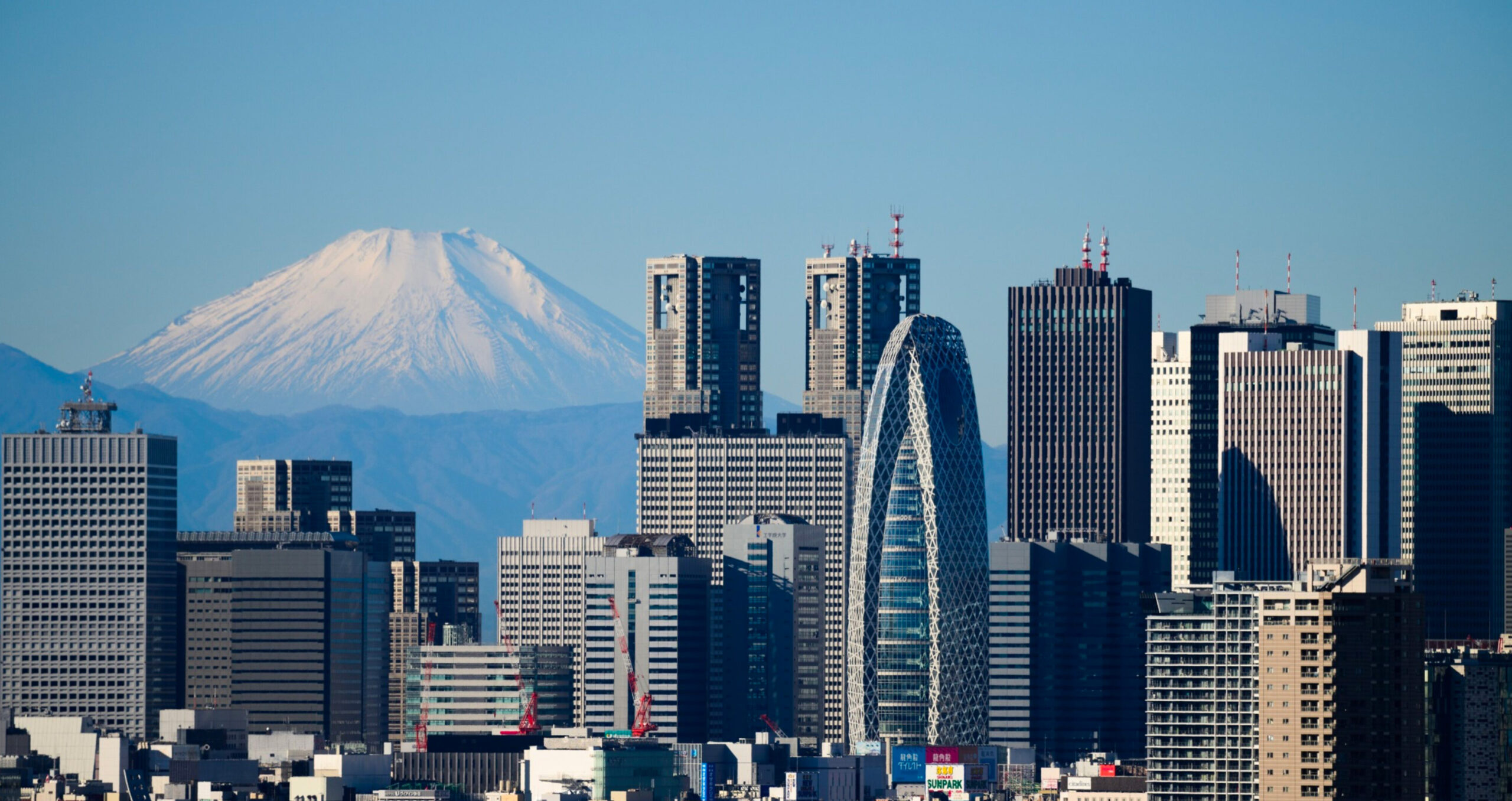

Despite warnings that the EU Carbon Border Adjustment Mechanism could be challenged in the World Trade Organization, many countries can see its advantages for their domestic agendas
A study into which countries support the EU’s Carbon Border Adjustment Mechanism has ranked Japan, South Korea and Singapore as the framework’s most enthusiastic backers. These countries appear to see how the CBAM could benefit their own climate agendas, say researchers.
The EU CBAM aims to shield EU-based companies from foreign businesses benefiting from weaker climate policies, and to encourage other countries to introduce carbon pricing.
The framework, which will impose tariffs on carbon-intensive imports, came into effect on October 1 2023, although fees will not be imposed before 2026. It is initially targeting six sectors: hydrogen, aluminium, electricity, fertiliser, cement and steel.
The paper – written by Rahat Sabyrbekov, postdoctoral fellow at the Organization for Security and Co-operation in Europe Academy, and Indra Overland, research professor at the Norwegian Institute of International Affairs – identifies the CBAM’s main supporters outside of the EU. Ivory Coast, Colombia and South Africa are among the biggest EU aid recipients backing the scheme.
It says the EU trade partners “most willing to accept CBAM could help it gain the critical mass necessary for survival and broader adoption”.
“The heterogeneity among likely supporters underlines the different situations of countries and the fact that CBAM support is likely to be driven by multiple factors,” the paper adds. “Among the top 10 countries, high-income nations are primarily driven by their innovative capacity and domestic climate policies, while lower-income countries’ support comes from established trade relations with the EU and the aid they receive.”
Despite the Japanese government’s support for the CBAM, organisations in Japan have generally been sceptical of the initiative, alongside the US, China and India, says the report.
In 2022, trade bodies including the Japan Business Council in Europe, the Japan Steel and Iron Association and the Japan Electronics told the European Commission that rather than carbon pricing, the greenhouse gas emission intensity of products should be counted in the CBAM, and that it should be compatible with World Trade Organization rules.
Last year, the EU published an article by Gerassimos Thomas, European Commission director-general for taxation and customs union – ahead of meetings with Japan – which assured Tokyo that the “CBAM will never cover more than a small fraction of our trade with Japan”.
Japan’s exposure to the CBAM sectors is mostly concentrated in steel, which accounts for around 3 per cent of the value of Japanese exports to the EU, according to Thomas.
The report authors note the opposition CBAM has attracted from some major economies. In comments to the Financial Times in 2021, US climate envoy John Kerry warned the EU against introducing a carbon border tax adjustment. Meanwhile, in a joint 2021 statement Chinese and Indian environmental ministers expressed their “grave concern regarding the proposal for introducing trade barriers, such as unilateral carbon border adjustment”, and that these “are discriminatory”.
“It is expected that CBAM will trigger international resistance in the form of WTO litigation and retaliatory trade measures,” according to the paper. “Although the EU argues forcefully that CBAM is fully compatible with WTO rules, it is likely to be challenged in the WTO for claimed violation of the principle of ‘non-discrimination’.”
You can read the full report here.
Similar Articles

Beware the ‘financialisation of the forest sector’

Finance professionals have ‘increasing’ interest in sustainable finance education


